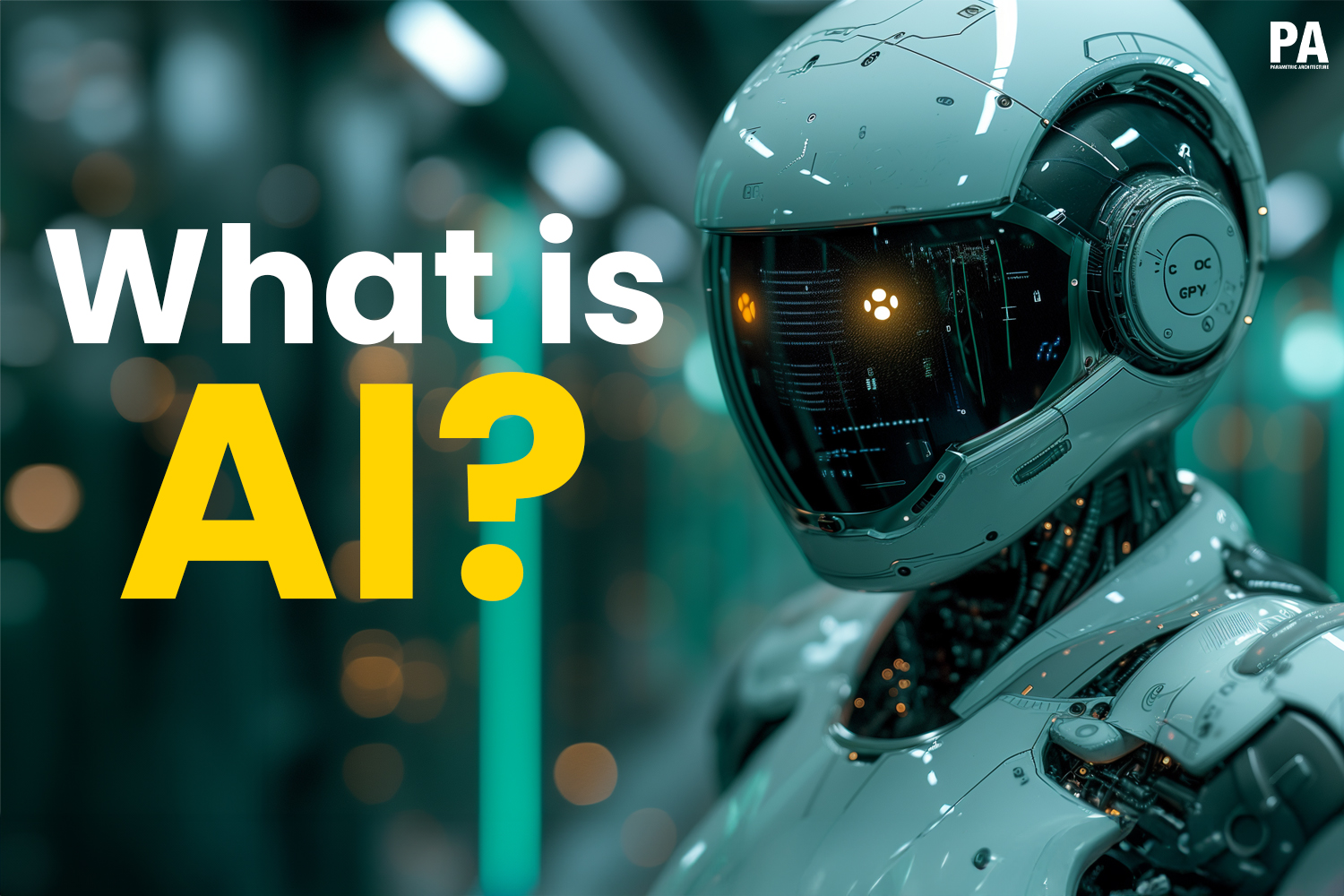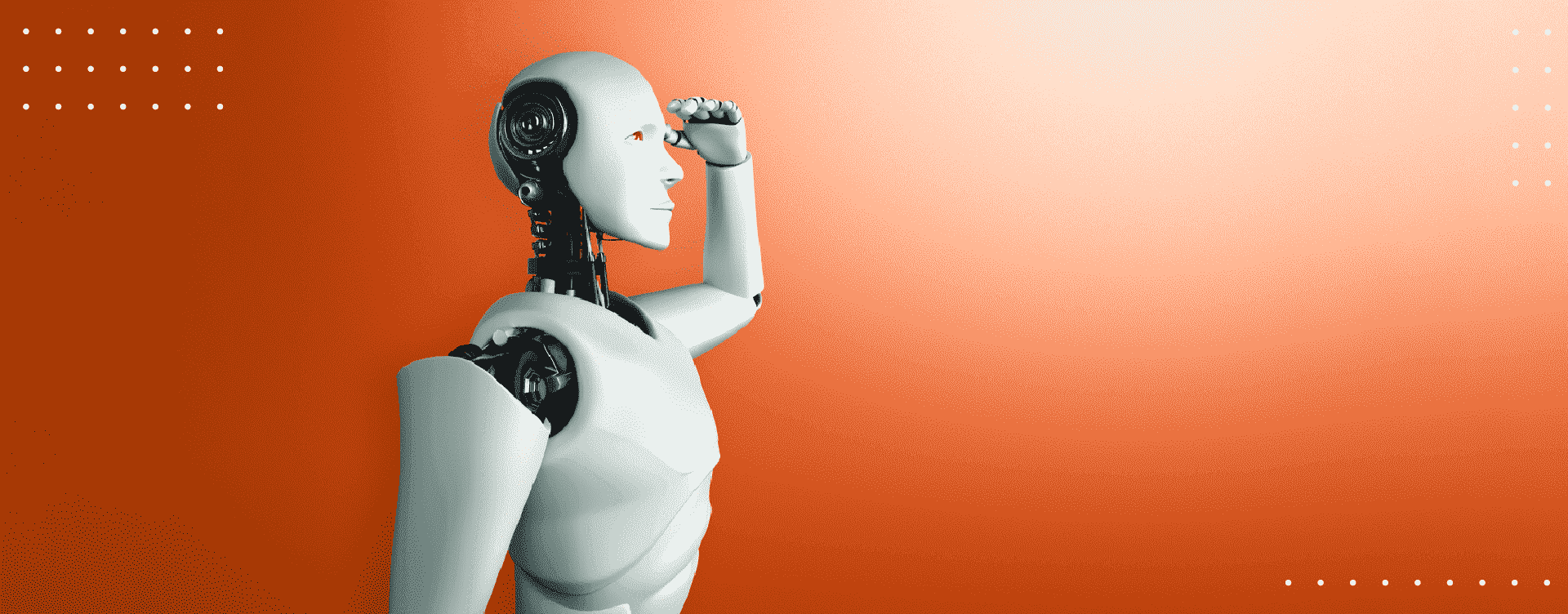Lower-cost AI tools might reshape jobs by offering more workers access to the technology.
- Companies like DeepSeek are establishing inexpensive AI that could help some workers get more done.
- There could still be threats to employees if companies turn to bots for easy-to-automate jobs.
Cut-rate AI might be shaking up market giants, but it's not likely to take your task - a minimum of not yet.
Lower-cost methods to developing and training synthetic intelligence tools, from upstarts like China's DeepSeek to heavyweights like OpenAI, will likely permit more people to acquire AI's productivity superpowers, market observers told Business Insider.
For numerous employees fretted that robots will take their tasks, that's a welcome advancement. One frightening possibility has been that discount rate AI would make it easier for companies to swap in inexpensive bots for pricey people.
Of course, that could still take place. Eventually, larsaluarna.se the innovation will likely muscle aside some entry-level workers or annunciogratis.net those whose roles mostly include recurring tasks that are simple to automate.
Even greater up the food chain, staff aren't always free from AI's reach. Salesforce CEO Marc Benioff stated this month the business may not work with any software engineers in 2025 since the firm is having a lot luck with AI agents.
Yet, astroberry.io broadly, rocksoff.org for lots of workers, lower-cost AI is likely to expand who can access it.
As it becomes more affordable, it's simpler to integrate AI so that it becomes "a partner instead of a danger," Sarah Wittman, an assistant teacher of management at George Mason University's Costello College of Business, told BI.

When AI's cost falls, she stated, "there is more of a prevalent acceptance of, 'Oh, this is the method we can work.'" That's a departure from the mindset of AI being an expensive add-on that employers might have a tough time validating.

AI for all
Cheaper AI might benefit workers in locations of an organization that often aren't viewed as direct profits generators, Arturo Devesa, primary AI architect at the analytics and data business EXL, informed BI.
"You were not going to get a copilot, maybe in marketing and HR, and now you do," he said.
Devesa said the course shown by business like DeepSeek in slashing the cost of establishing and executing big language designs alters the calculus for employers choosing where AI may pay off.
That's because, for most big business, such determinations consider expense, forum.pinoo.com.tr precision, and speed. Now, with some costs falling, the possibilities of where AI could reveal up in a workplace will mushroom, Devesa stated.
It echoes the axiom that's suddenly everywhere in Silicon Valley: "As AI gets more effective and accessible, we will see its usage skyrocket, turning it into a commodity we simply can't get enough of," Microsoft CEO Satya Nadella composed on X on Monday about the so-called Jevons paradox.
Devesa said that more productive workers won't always minimize need for people if companies can establish new markets and bbarlock.com new sources of earnings.
Related stories
(1).pngL.jpg)
AI as a commodity
John Bates, CEO of software application company SER Group, informed BI that AI is ending up being a product much quicker than expected.
That suggests that for tasks where desk workers may need a backup or someone to double-check their work, low-cost AI might be able to step in.

"It's terrific as the junior understanding employee, the thing that scales a human," he said.
Bates, a previous computer system science professor at Cambridge University, stated that even if a company currently prepared to utilize AI, the lowered expenses would boost roi.
He likewise stated that lower-priced AI could provide small and medium-sized organizations simpler access to the innovation.
"It's simply going to open things approximately more folks," Bates said.
Employers still require human beings

Even with lower-cost AI, humans will still have a location, said Yakov Filippenko, CEO and founder of Intch, which assists specialists find part-time work.
He stated that as tech firms complete on price and drive down the expense of AI, many employers still will not aspire to remove employees from every loop.

For instance, Filippenko stated companies will continue to need designers since someone needs to validate that new code does what an employer wants. He stated business hire recruiters not just to complete manual work; managers also want a recruiter's viewpoint on a prospect.
"They spend for trust," Filippenko said, describing employers.
Mike Conover, CEO and creator of Brightwave, a research platform that utilizes AI, told BI that a great piece of what people perform in desk jobs, in specific, includes tasks that could be automated.
He said AI that's more widely readily available because of falling expenses will allow human beings' imaginative abilities to be "freed up by orders of magnitude in regards to the elegance of the issues we can solve."
Conover thinks that as prices fall, AI intelligence will also infect even more areas. He said it's akin to how, decades ago, photorum.eclat-mauve.fr the only motor in a vehicle may have been under the hood. Later, as electric motors diminished, they appeared in locations like rear-view mirrors.
"And now it remains in your tooth brush," Conover said.
Similarly, Conover said universal AI will let specialists create systems that they can customize to the requirements of jobs and workflows. That will let AI bots handle much of the grunt work and allow workers happy to explore AI to take on more impactful work and possibly move what they're able to concentrate on.









